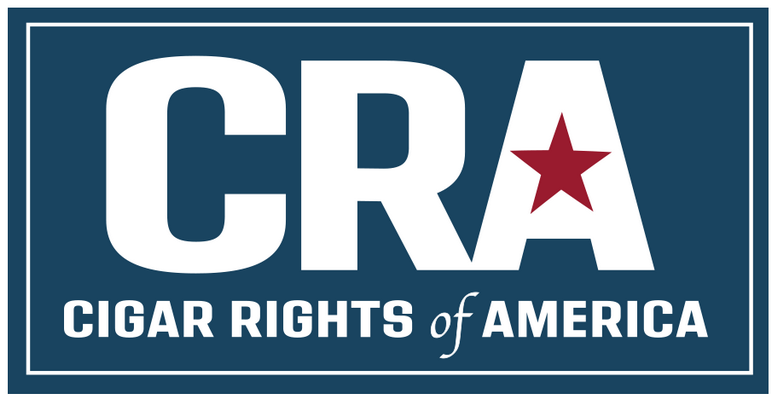CAFTA-DR Agreement and Premium Cigars: Commerce, Culture, and Craft
WASHINGTON, DC – As we approach the 20th anniversary of the Central American Free Trade Agreement (CAFTA-DR), CRA wanted to reflect on this landmark trade agreement. CAFTA-DR has proved to be a game-changer, breathing life into the premium cigar industry and underlining the intertwined relationship between trade, tradition, and taste. In an era where international trade agreements are often under scrutiny, CAFTA-DR continues to be a model for success especially with premium cigars.
CAFTA-DR, signed in 2004 and took effect in 2006, eliminated trade barriers between the United States and 5 Central American countries – Costa Rica, El Salvador, Guatemala, Honduras, Nicaragua – and the Dominican Republic. Its overarching goal was to promote economic growth and development while strengthening democratic institutions and improving labor and environmental standards.
From the tobacco fields of Nicaragua, Honduras, and the Dominican Republic to the skilled hands of master rollers throughout the region, premium cigars represent a unique blend of cultural history and artisanal manufacturing. The success of this industry is heavily reliant on international trade, making CAFTA-DR an essential component of the industry’s growth over the last 20 years.
One of the most significant benefits of CAFTA-DR for the premium cigar industry has been the reduction of tariffs and trade barriers. Before the agreement, cigar manufacturers faced substantial tariffs when importing their products into the United States, making it harder for smaller producers to compete globally. CAFTA-DR leveled the playing field by phasing out these tariffs and providing duty-free access to premium cigars from CAFTA-DR countries, bolstering their competitiveness in the U.S. market.
CAFTA-DR’s positive impact on the premium cigar industries in the Dominican Republic, Nicaragua, and Honduras resulted in the industry becoming a significant economic driver in the region, playing a pivotal role in creating jobs and fostering stable communities. From tobacco cultivation to cigar production and export, this industry has provided employment opportunities for thousands of individuals in the region, not only sustaining livelihoods but also contributing to the cultural and economic fabric of Central America and Caribbean basin nations.
CAFTA-DR’s positive effects extend to the U.S. market as well. Cigar consumers in the United States have enjoyed a broader selection of premium cigars at more affordable prices thanks to the duty-free access provided by the agreement.
In addition to trade benefits of CAFTA-DR, producers from CAFTA-DR countries have forged partnerships with American companies, fostering innovation and collaboration to meet the ever-evolving tastes of cigar consumers.
The symbiotic relationship between trade and tradition is perfectly exemplified by this agreement, where the economic interests of the CAFTA-DR countries and the rich heritage of premium cigar-making converged.
